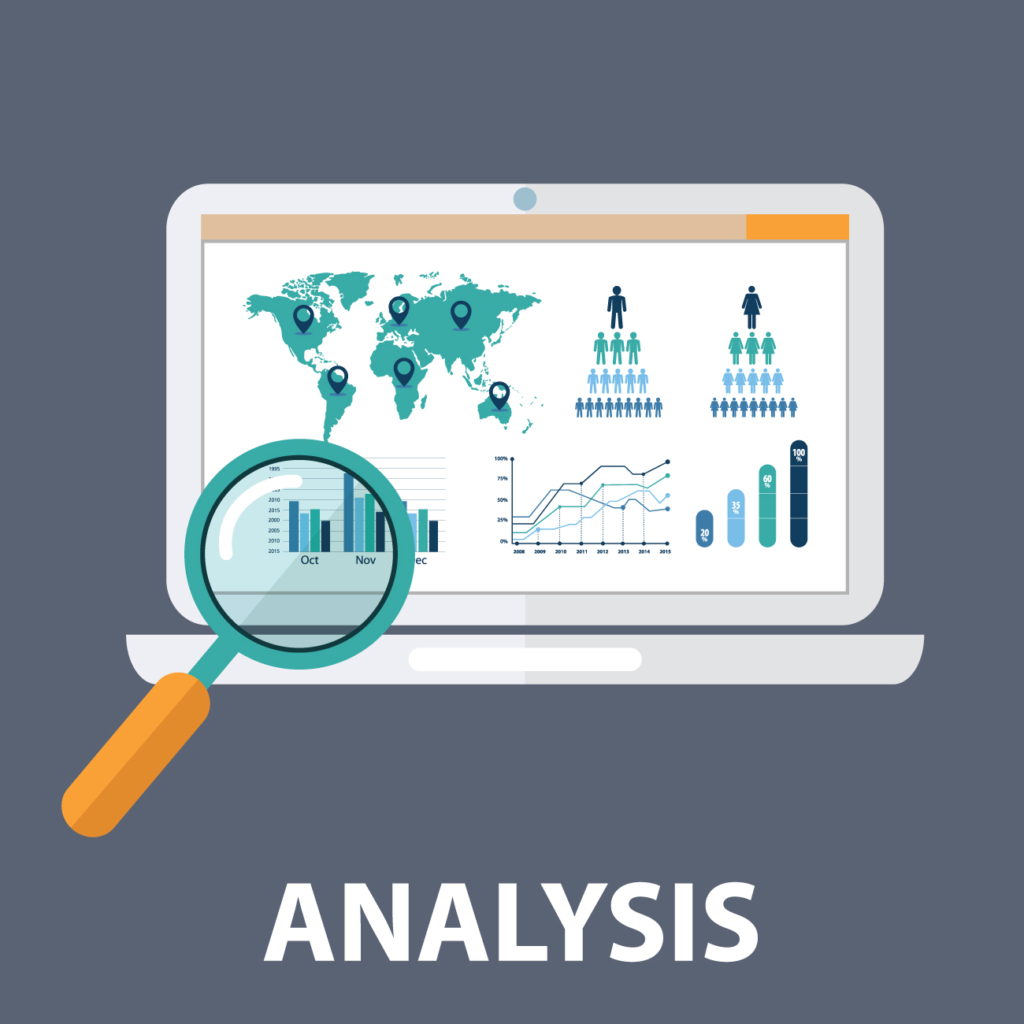If you’re working in the insurance industry, you already know that data analytics now plays a huge role in determining success. Insurance providers rely on it to make better decisions, increase efficiency in their operations, and boost their competitiveness. The bottom line is that if you’re not embracing it, you’re missing out.
Here, we’ll explain why data analytics is crucial for the future of your insurance business. You’ll see how it’s the real deal when refining how you assess risk, catching fraud faster, or speeding up your claims process for a better customer experience.
Let’s get right into it!
1. Enhanced Risk Assessment and Underwriting
Risk assessment is at the heart of what you do as an insurance provider—but let’s be real: The traditional methods just don’t cut it anymore. For a long time, providers relied on historical claims data to assess risk and determine price. However, insurance data analytics has introduced a major upgrade; you can go way deeper than that. It allows you to pull critical insights from customer’s social media profiles and get a pretty good sense of their behavior. This gives you a much more accurate understanding of the risk involved, so there is no more guesswork.
Predictive analytics really lets you build pricing models that are tailored to each individual’s risk profile. So, not only does it mean fairer pricing for your customers, but it also helps you fine-tune premiums to match the risk level.
And with AI thrown in, you can automate the underwriting process, which means faster policy issuance, fewer mistakes, and a big boost in efficiency. It’s like a win all around.
2. Fraud Detection and Prevention

Preventing and detecting false claims takes too much of insurers’ time and money. Today’s insurance companies track fraud better through data analytics tools. ML algorithms help them quickly evaluate many claims to identify fraud signs that investigators would have missed.
Counter-checking those claims against verified documents and third-party sources helps prevent payouts to dishonest customers. Advanced data analytics algorithms can locate genuine fraud cases more successfully, generating fewer false positives. As such, the system moves legitimate claims through faster processing and saving resources.
3. Personalized Customer Experiences
Businesses can’t do well without happy clients, and we’re seeing more customers pick businesses that give them the personalized services they want; data analytics plays a significant role in this. Insurance companies can learn much about what customers want by examining large data sets, and they can create customized deals that better match what their customers find valuable.
Using predictive analytics, insurers can determine the product requirements their customers will want ahead of time. The system reviews customer behavior to find people who need specific insurance packages and then provides custom deals to these prospects.
Additionally, proactive management simplifies service provision through self-service customer portals that rely on AI chatbots for faster assistance.
4. Improved Claims Management

Let’s face it: no one likes waiting around for their claim to be processed, and your customers are no different. The good news is that data analytics can help speed things up significantly.
Automation speeds up many steps by reducing the errors and delays that typically slow down claims settlements. That means claims can be processed faster, and customers get their payouts sooner. The result is happier customers, and you also cut operational costs, which is a win-win for everyone involved.
5. Strategic Business Insights
Data analytics streamlines your day-to-day operations, but even more, it enhances your long-term business strategy. Data analysis allows you to examine trends and market conditions, increasing the chances of spotting new growth opportunities based on customer needs, which could mean expanding into a new market or introducing new products. Here’s the best part: these insights are real-time, so you can adjust your strategy faster to beat your competitors.
Data analytics also plays a big role in portfolio optimization. By analyzing your different insurance products, you can balance your risk more effectively, ensuring you’re not overly exposed in any area.
Other than stability, analytics help you track your performance. You can easily spot areas where you need to improve in line with your long-term goals and allocate more resources.
6. Enhanced Regulatory Compliance

Insurance companies have to deal with many regulations, and they’re constantly changing. Keeping up can be tough. But here’s where data analytics can help. By using data tools, insurers can create clear, auditable records of everything they do, making it easier to prove they’re complying with the latest regulations.
Reporting works better when automated systems handle the job. Now, insurers can automate their compliance reporting tasks, saving them significant time and effort. The result? It prevents mistakes, improves meeting deadlines, and avoids penalty fees. Continuous data monitoring helps find errors sooner, making final reports more precise and trustworthy.
7. Boosting Profitability and Efficiency
Data analytics helps insurance companies do more with less. By automating things like claims processing, underwriting, and customer service, insurers can reduce overhead costs and run more efficiently. That means more resources can be put toward higher-value tasks that help the business grow.
Data analytics can also uncover new revenue streams. By analyzing customer behavior, you can find cross-sell and upsell opportunities, which means offering more products that meet your customers’ evolving needs. The smarter your decisions, the more profitable your business becomes.
Conclusion
There you have it! All the reasons why data analytics is a must-have for any insurance looking to grow in today’s competitive market. There’s a lot to reap from paying attention to data and analyzing it to identify patterns that talk about your customers and their purchase behavior.
With the right tools and experts by your side, you will be surprised at the valuable insights that data analytics can generate. Tapping into data helps you understand your customers and enhance your services. So, go ahead and pick the right partner to help you navigate data analytics and take your insurance business to the next level.










